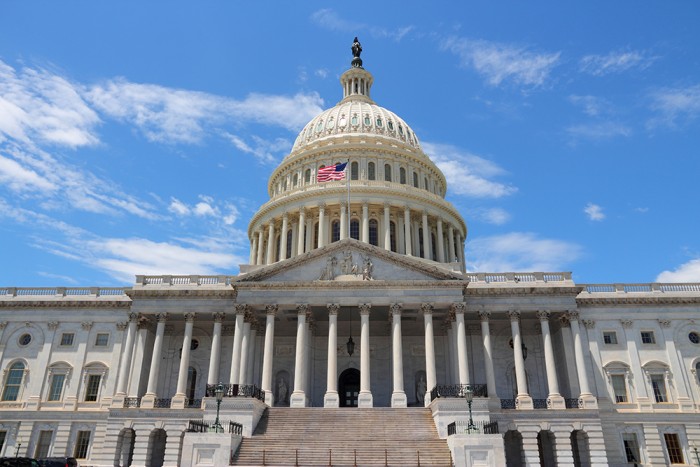Capitolwire: New Year Dawns Without Budget in Place
By: John Finnerty, Capitolwire.com Bureau Chief
HARRISBURG (July 1) – The new fiscal year started this morning without a state budget in place to pay for it and no obvious signal that the Legislature will quickly get a budget to the governor.
Late Thursday, Senate officials announced that the chamber won’t even be in session on Friday, though the Senate has plans to be in session on Saturday and Sunday. The House is scheduled to be in session Friday and Saturday, though at the close of Thursday’s session, Speaker Bryan Cutler, R-Lancaster, reminded members to monitor their emails for updates on session days.
Despite the annoying aggravation of having to work through the holiday weekend, the broader immediate sting of failing to meet the state budget deadline doesn’t exist anymore due to a 2009 Supreme Court decision requiring that state employees must continue to receive their paychecks even if the budget hasn’t been passed.
Rep. Stan Saylor, R-York, the Majority chairman of the House Appropriations Committee, said that not having a budget in place has little, if any, immediate impact on state agencies.
Gov. Tom Wolf has been pushing for a dramatic increase in spending while Republicans have been trying to get the governor to agree to rollback controversial proposals including the bridge tolling plan (though a Commonwealth Court ruling Thursday ordered that the tolling plan be halted) and charter school regulations.
Alexis Campbell, a PennDOT spokeswoman, said that while the tolling plan has been met with objections, the administration is still waiting for lawmakers to explain how to pay for the needed bridge repairs and in the long-term replace the gas tax.
“To date, the legislature has failed to offer any solutions beyond their approval of this P3 initiative, that will assist the administration’s desire to phase out the gas tax. The Wolf Administration continues to welcome discussions with the General Assembly on alternative funding sources that can replace the gas tax, which is no longer a dependable source of funding to meet all bridge and highway needs in this commonwealth,” she said.
Republicans say they are interested in restraining Wolf’s spending proposals in order to position the state to better weather an economic slowdown.
“Senate Republicans continue to work towards a budget that invests in the people of Pennsylvania and ensures the financial stability of the Commonwealth as we face economic headwinds due to the Biden Administration’s inflationary policies,” Erica Clayton Wright, a spokeswoman for Senate Majority Leader Kim Ward, R-Westmoreland, said in a statement released late Thursday night.
Amidst all of this, former President Donald Trump weighed in earlier this week, issuing a statement in support of a poll watcher bill sponsored by Sen. Doug Mastriano, R-Franklin, and calling for Republicans to refuse to pass a budget unless it includes other election integrity changes.
Groups lobbying for election access have called for Wolf to veto Mastriano’s Senate Bill 573, and a Wolf spokeswoman strongly hinted that Wolf would veto the legislation, saying the administration “strongly opposes” the bill.
(Source: Capitolwire, July 1, 2022).


















